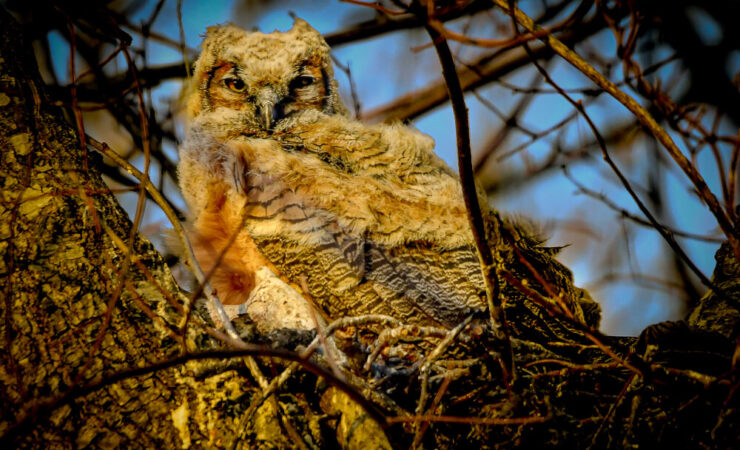State Question 4 – Green Bond
On the November 5 General Election ballot is “Question 4 – Green Bond”. Funding for various programs (listed below) is not to exceed $53,000,000 for environmental and recreational purposes.
In the past, Charlestown has received money from the Local Land Acquisition Matching Grant Program, funded by open space and green economy bonds, to purchase South Farm, the Patricia Sprague Forest Preserve, Tucker Woods Preserve and other projects. Under this program in 2022, Charlestown received $400,000 to purchase the 100-acre Saw Mill Pond Watershed, but moving forward with that purchase was blocked by then Town Councilors Carney and the late Grace Klinger.
Despite the opposition to land conservation in Charlestown from the current Town Council majority, passage of “State Question 4” would allow Charlestown to continue to apply for state funds to purchase land that protects critical and uncommon habitats, supports rare or endangered species, expands other protected land, protects surface water bodies and groundwater for drinking water, and provides public access for passive recreation. It would also provide the Rhode Island Department of Environmental Management with funds to do their own land acquisition.
“Question 4” would also allow Charlestown to apply for grants for coastal resiliency and protection of vulnerable coastal habitats, would provide funds to maintain forest and wildlife habitat in Burlingame, and would provide money for local active recreation grants.
Open space and green economy bonds have been consistently supported by 65% to 78% of Charlestown voters in every general election for over 20 years. We hope Charlestown voters will again vote for passage of these environmental bonds and also vote for members of the Town Council who will allow grants received by our town from these bonds to be spent in our own town.
The Question 4 – Green Bonds are to be allocated as follows:
(a) Quonset’s Port of Davisville $15 Million
Provides 15 million dollars ($15,000,000) for continued growth and modernization of Rhode Island’s only public port.
(b) Municipal Resiliency $10 Million
Provides ten million dollars ($10,000,000) for up to seventy-five percent (75%) matching grants to municipalities for restoring and/or improving resiliency of infrastructure, vulnerable coastal habitats, and restoring rivers and stream floodplains. These funds are expected to leverage significant matching funds to support local programs to improve community resiliency and public safety in the face of increased flooding, major storm events, and environmental degradation.
(c) Forest and Habitat Restoration $5 Million
Provides for forest health management, wildlife habitat, and related infrastructure at state management areas. Projects may include removal of dead and/or dying trees; tree planting; invasive species removal, and other forest health and wildlife habitat activities; and the repair and maintenance of fire roads, trails, and bridges to improve and maintain recreational public access and mitigate the risk of wildfire.
(d) Brownfields $5,000,000
Provides five million dollars ($5,000,000) for matching grants to public, private, and/or nonprofit entities for brownfield remediation projects.
(e) Local Recreation Development Matching Grant Program $5,000,000
Provides five million dollars ($5,000,000) for matching grants to municipalities to acquire, develop, or rehabilitate local public recreational facilities in Rhode Island.
(f) Farmland Preservation $5,000,000
Provides five million dollars ($5,000,000) to protect Rhode Island’s working farms through the Agricultural Lands Preservation Commission.
(g) Open Space $3,000,000
Provides three million dollars ($3,000,000) for the State to acquire fee simple interest or conservation easements to open space, farmland, watershed, and recreation lands.
(h) Newport Cliff Walk $3 Million
Provides three million dollars ($3,000,000) to restore pedestrian access along the iconic Newport Cliff Walk.
(i) Coastal Resilience $2 MILLION
Provides two million dollars ($2,000,000) for matching grants to public and non-profit entities to restore and/or improve the climate resilience of vulnerable coastal habitats and to restore river and stream floodplains.
Banner image is a photograph of a Great Horned Owlet in Charlestown by John Zoldak. Protecting open space allows owls and other wildlife to reproduce and successfully raise their young for continuing generations of wildlife to survive, and for continuing generations of Charlestown residents to enjoy.

September 20, 2024 @ 1:47 pm
Thanks as always to CCA for keeping us so well informed on issues like this.
I have a “thing” about solar farms … in general I am all in favor of them … however I think that it is ridiculous to cut down forests in order to plant solar farms there. I would much rather see solar farms located on the roofs of big box stores etc, and on parking lots so that we all could park in shade. I guess that there are costs involved in these to make them less economically attractive …. so I suggest that some of this “Green Bond” money be used to offset these costs.